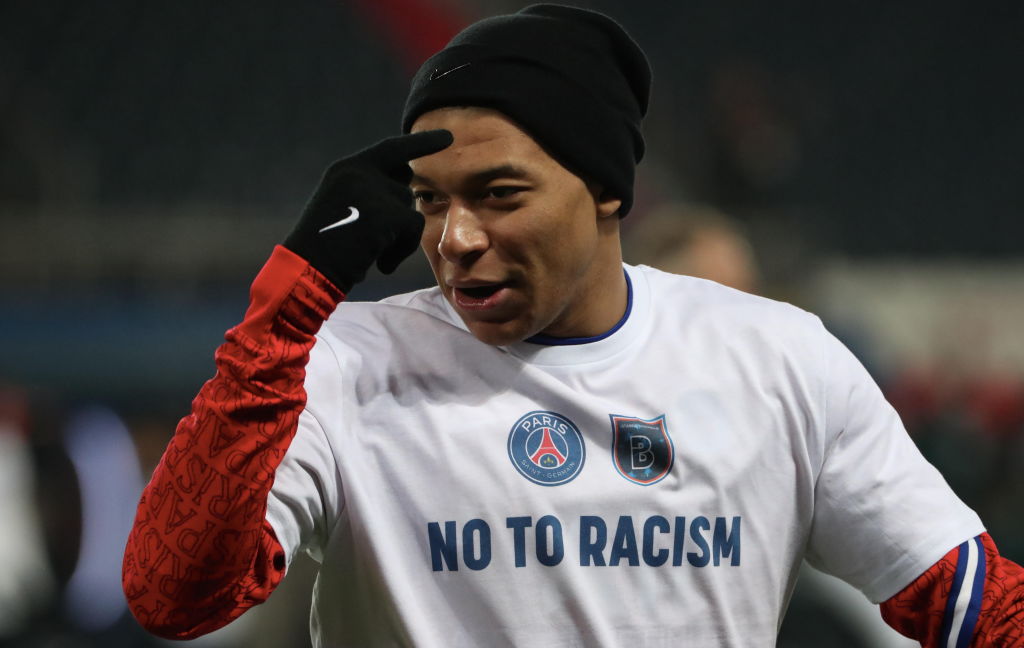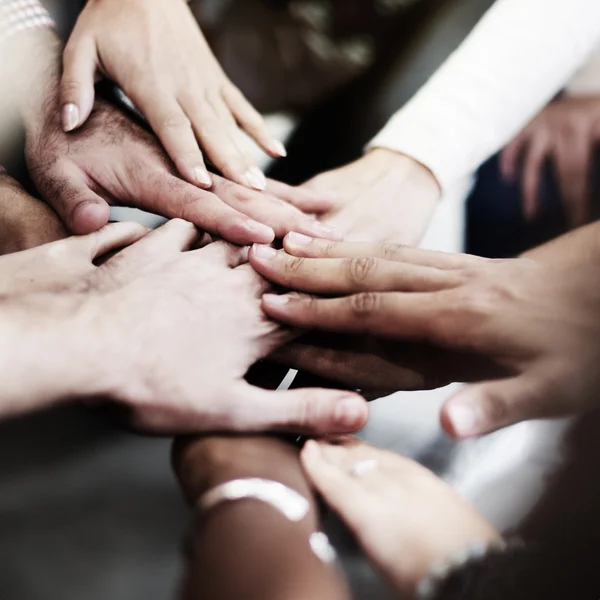Shimbo Pastory
This article was published in The Citizen Newspaper - Tanzania on November 20, 2022.
With the biggest sports tournament in the world, the FIFA World Cup coming to its close in Qatar, there are a lot of lessons for the future. Discourses of quality sportsmanship that the 32 participant teams have displayed in the course of the 4 tournament weeks alongside the individual giftedness of players, cannot be taken for granted. It will exhaust a handful of column pages like this if we were to focus there.
We can also not appreciate enough how these international sporting events, especially the FIFA World Cup have been unitive forces, creating an avenue and medium for commonly shared joy among lovers of sports and patriots of different nations. It has also opened doors for exchange of cultures as people travel and get to know another ‘world’, different from the one they have been used to.
However, it has not been possible to meaningfully say anything about the teams, players, officials, nations, fans, or even stadiums without establishing the appropriate identities. So far there have been conflicts of identities, some of which have been on the limelight. Identities of concern here will be the national identities, the racial identities, historical identities, associated identities, religious identities and finally the all-embracing cultural identities.
I tend to believe that many of us were never taught in school to properly identify ourselves and others. It was taken for granted that identities are obvious and we will be able to place them appropriately. But it is not working, as shallowness in establishing people’s identities has been the leading stimulus to hate speeches and aggression as the tournament continued.

For instance, establishing the identity players like Kylian Mbappé or Ousmane Dembele as French has been taken by some people of African descent as betrayal and just wrong. In my opinion, it is an argument that is pitched on ignorance (here to mean ‘not knowing’) and selfish and erroneous generalized association that a person born in France is and should be only French, while for Africans a person with black skin colour is and should be African, and only African.
An opposite with a similar effect is when a person with white skin colour is born in an African country, example Tanzania, is spotlighted all the time by his or her colour, as we say in Swahili ‘Mzungu.’
Though this may not be straightaway ruled as racism, it is an indicator of micro-aggression and can be interpreted as if the person is treated as a stranger and not local enough. People can just call the person’s name, but they don’t as the identity ‘Mzungu’ seems handy for them. Meanwhile it is taken negatively when a black person is identified by words or connotations of colour of their skin.
Identity discrepancies are widespread, and have stirred conflicts and hatred globally. There are innocent people who are victimized or even killed just because they racially fit the description of people tagged as terrorists or drugs transporters.

A number of questions to ponder here: Do we teach children not to associate identities based on assumptions, appearances and stereotypes? Do we teach them to understand just easily when a Chinese person says he or she does not know martial arts? (Cultural assumption) Or that a person of Middle Eastern origin is not a Muslim? (Religious association) Or that a Maasai person is not a troublemaking pastoralist? (Historical/popularized stereotype).
It has reached a point when these stereotypical generalizations have become part of the language we use. This influences the judgements we make as well. Young people grow up and learn the same thing, assuming identities of people and generalizing them. I felt sad when a friend of mine who has a different skin colour from mine told me he worked with people who called him ‘Mzungu’ all his life, despite his being born in Tanzania. His identity is presumed.
We need to teach children that people can have multiple identities at the same time and it is fine, for example being a European and African, or Middle Eastern and African, or American and Hindu by religion. Young people need also to be taught that there are possibilities of people’s identities breaking the popular or long-standing historical patterns due to migration and modern intercultural life.
With a diversified understanding of human identity people have more chance to enjoy occasions that afford the world opportunities to meet, to travel, as well as to participate peacefully in widely mixed international events like the FIFA World Cup without spitting hate around. Sportsmanship flourishes when we cross the barriers and wounds of history, and enclosures of ‘we’, ‘us’, ‘our people’, etc. Just in the same way as humanity does flourish when race, origin, etc. are removed from the global centre stage.